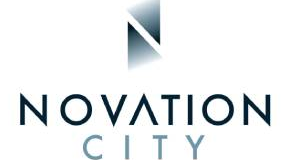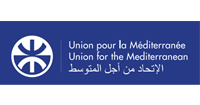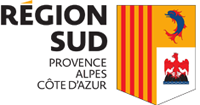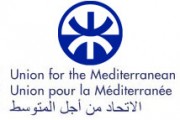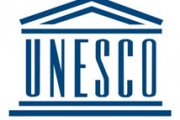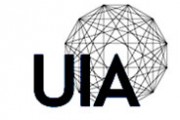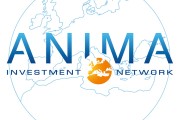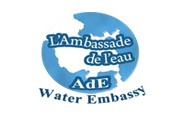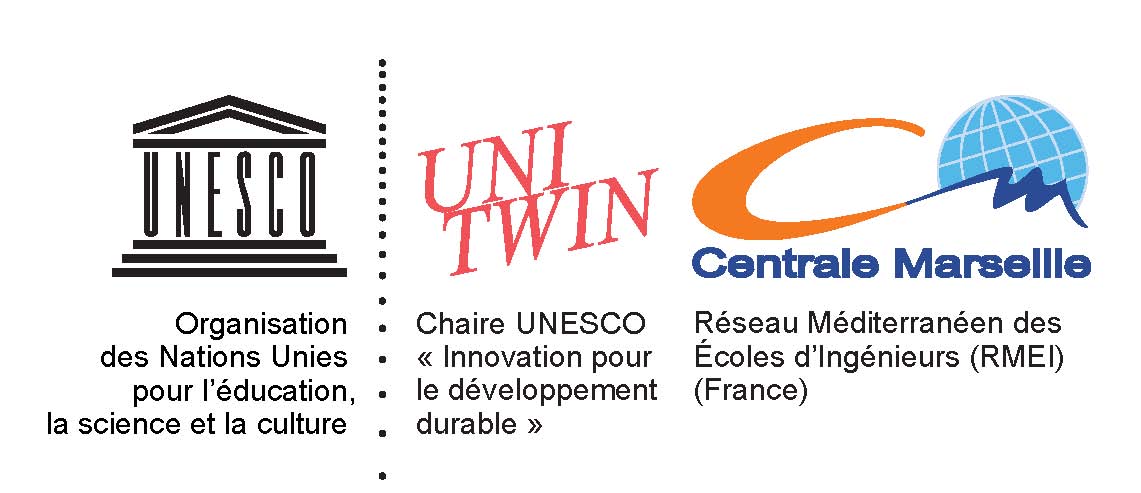
The UNESCO Chair in Innovation for Sustainable Development (651) was awarded in 2004 to the Ecole Supérieure d'Ingénieurs de Marseille (ESIM), Marseille (France) and was transferred to the Ecole centrale Marseille in 2007.
The UNESCO Chair in Innovation for Sustainable Development (651) was awarded in 2004 to the Ecole Supérieure d'Ingénieurs de Marseille (ESIM), Marseille (France) and was transferred to the Ecole centrale Marseille in 2007.
This Network Chair supports the activities of the RMEI. Its main objectives are to:
- promote an integrated system of research, training, information and documentation activities in the field of innovation for sustainable development;
- promote collaboration between high-level researchers and internationally renowned professors, particularly within the Mediterranean and in support of the RMEI.
List of Chair managers
- Philippe Zanin 2004 - 2007
- Léo Vincent 2007 - 2014
- Olivier Boiron 2014 - currently "Role of UNESCO Chairs in promoting sustainable development.

By Sonia Bahri, Head of the Section for International Cooperation in Higher Education.
Conference given on the occasion of the 10th anniversary of the RMEI in Marseille in May 2007.It is an honor and a pleasure for me to participate in this international symposium on the training and mission of future decision-makers in the economic world in the Euro-Mediterranean from the perspective of sustainable development, organized by the UNESCO Chair in Innovation for Development sustainability on the occasion of the 10th anniversary of the Mediterranean Network of Engineering Schools.
I would like to thank and congratulate the organizers and more particularly Mr. Fabre, Director of the Ecole Centrale Marseille, and Mr. Léo Vincent, Deputy Director and Director of International Affairs at the Ecole Centrale Marseille, and head of the UNESCO Chair, for this excellent initiative.
This indeed offers us, in this very beautiful Mediterranean city of Marseille, historic crossroads of Mediterranean exchanges, a space for meetings and debates and allows us to participate in these precious moments, sometimes too rare, of reflection and exchanges between engineers, students, professors and researchers from several countries, political decision-makers and economic decision-makers, on a subject as crucial as that of sustainable development in the Mediterranean basin and the mission of engineers.This Symposium is an example of this exchange, of this dialogue between different partners in this international intellectual cooperation which is the very essence of UNESCO, which combines theory and practice, the presentation which gives voice to a thought, a policy, a vision for the future and the workshop which further emphasizes the various aspects of their concrete implementation.
Sustainable development is undeniably one of the cross-cutting and priority themes of UNESCO's action.
In the field of science, UNESCO actively contributes to its promotion and implementation.Just a few days ago, from May 10 to 12, following the discussions launched at the G8 Summit in Saint Petersburg last July, the
Italian Prime Minister and the Director-General of UNESCO inaugurated the UNESCO and G8 Forum in Trieste on the theme of Education, Research and Innovation. This World Forum discussed the interconnections between the three components of the triangle education, scientific research and technological innovation in the perspective of sustainable development. It also sought to identify opportunities for industrialized as well as developing countries.
In the field of education, the main priorities of UNESCO are "Education For All (EFA)" and the "promotion of quality education", essential for sustainable development. In December 2002, the United Nations General Assembly adopted resolution 57/254 on the United Nations Decade of Education for Sustainable Development (2005-2014) and designated UNESCO as the responsible body promoting the Decade. The overall objective of the Decade is to integrate the principles, values and practices of sustainable development into all aspects and at all levels of education and learning. This educational effort aims to encourage behavioral changes to create a more sustainable future in terms of environmental integrity, economic viability and a just society for present and future generations.
For higher education and more specifically when it comes to science and technology, the stakes are particularly high, since engineering students will have this extraordinary responsibility of contributing to inventing the world of tomorrow and it is the quality of the training that will be given to them that will help them meet this challenge.
Sustainable development, which thus includes an environmental, social and economic dimension, is one of the most interdisciplinary concepts possible, involving an approach that is both scientific and technical, educational, cultural and legal where the social sciences and communication also play a key role. . Who can claim today, for example, that culture and the safeguarding of the intangible heritage of humanity are not part of its sustainable development? Similarly, who can imagine that ICTs can stay away from a training strategy for sustainable development. It is therefore through all of its programs in all its fields of competence that UNESCO seeks to promote sustainable development as an essential guarantee of peace in the world.
The UNESCO Chairs program plays a strategically important role in this regard. Indeed, the UNITWIN and UNESCO CHAIRS Program which was launched in 1992 during the 26th session of the General Conference of UNESCO, was conceived as an international action plan for the advancement of research, training and the development of higher education programs through networking and the encouragement of inter-university collaboration through the transfer of knowledge across borders.
UNITWIN is the abbreviation of "University Twinning and Networking". It should be remembered that these Chairs, which relate to more than 70 fields of study and research, in UNESCO's fields of competence, that is to say, Education, Science, Culture and Communication are not university chairs in the usual sense. These are university networks coordinated by a UNESCO Chair, as is the case of the Ecole Centrale de Marseille.
The partnership is open to NGOs, foundations and public or private bodies interested in the activities carried out by the UNESCO Chair, but the Chair must necessarily be established in a university or higher education establishment.
A database contains information on the Chairs, indicating for each of them the people to contact, the partners, the events organized and the research and publications carried out - UNITWIN UNESCO Chairs Programme.
From its inception, the Program has aroused great interest on the part of UNESCO Member States. Today more than 600 UNESCO Chairs and 67 UNITWIN networks installed in more than 730 institutions in 121 countries operate within the framework of the Programme.
Some do remarkable work, and are known worldwide, such as the ORBICOM network in terms of communication or the UNESCO-Cousteau Chairs in ecosystems and marine biology, the Network on landslides in Japan at the University of Kyoto , the Global Network on Intercultural and Inter-religious Dialogue to name but a few.
Being one of the priority areas of UNESCO,






